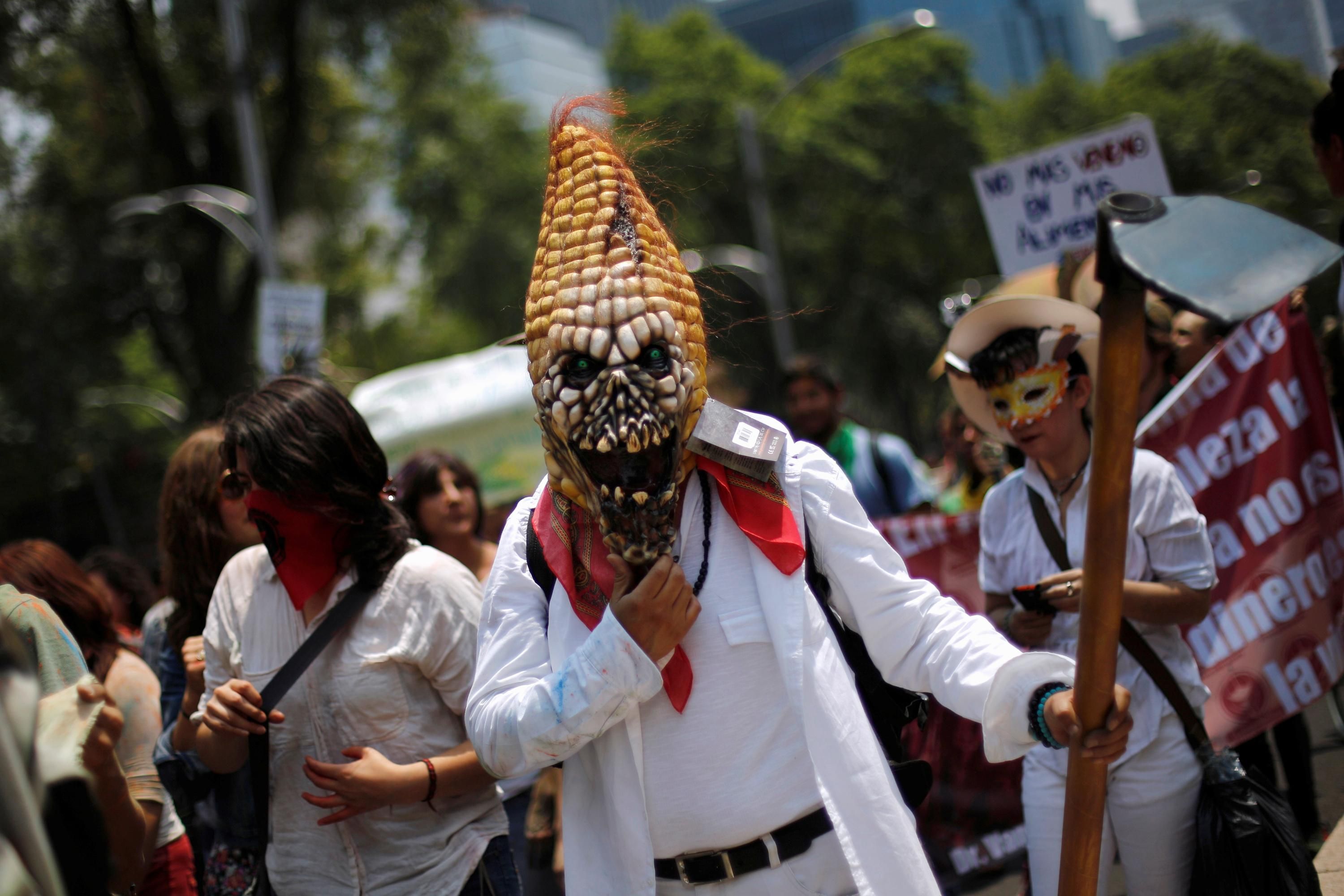US and Mexico spar over corn
Mexico and the United States are on a collision course over an issue of serious economic concern to farmers on both sides of the border: Mexico’s imports of US corn. Mexico is the world’s second-largest importer of corn (after China), and much of it comes from the country’s giant neighbor to the north. Before he became president in 2018, candidate Andres Manuel López Obrador promised to halt the import of genetically modified corn by January 2024 over fears that GMO seeds would threaten Mexico’s own corn varieties. A total ban on GMO corn would cut US corn exports to Mexico by half, with major fallout for the US agriculture sector. The Trump and Biden administrations have both tried to bargain with López Obrador over this question, in part by reminding him that US corn is a major source of Mexico’s animal feed and that the quantities sold by the US would be impossible to replace. But so far, Mexico’s president hasn’t budged. With the deadline for action looming, Washington threatened legal action on Monday under the terms of the USMCA trade deal, which was signed by the US, Mexico, and Canada in 2020.
China tracks down protesters
The anti-government protests over China’s zero-COVID policy have subsided for now — except for an overnight flare-up in Guangzhou — but when it comes to tracking down those responsible, Chinese authorities are just getting started. Several protesters in Beijing have reportedly been contacted by people identifying themselves as police and demanding they report to local precincts to testify about the demonstrations. Protesters also say they are frantically scrubbing their online histories to avoid being swept up in a fresh crackdown. The authorities, of course, have to tread carefully — it’s important to show the fist against protesters who called for Xi Jinping’s ouster, but as my colleague Willis points out, “the ground is very dry right now, and any spark could set things aflame again.” To try to dampen things a bit, authorities in some cities have relaxed — but not eliminated — the COVID quarantine guidelines and ramped up vaccination campaigns for the vulnerable elderly. But the world’s second-largest economy and biggest autocracy will continue to wrestle with the tradeoffs between public health, popular outrage, economic damage, and political power.More For You
At the 62nd Munich Security Conference in Munich, GZERO’s Tony Maciulis spoke with Benedikt Franke, Vice Chairman and CEO of the Munich Security Conference, to discuss whether the post-1945 global order is under strain or already unraveling.
Most Popular
Zelensky agrees: elections matter #PUPPETREGIME
As more small businesses move sales, payments, and customer relationships online, they unlock new opportunities, but they also become easier targets for cyber-criminals and other threat actors.
When Japanese Prime Minister Sanae Takaichi called snap elections last month, it was a big gamble. Holding a winter election just four months into her tenure with no real policy record to run on?
